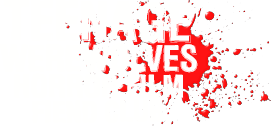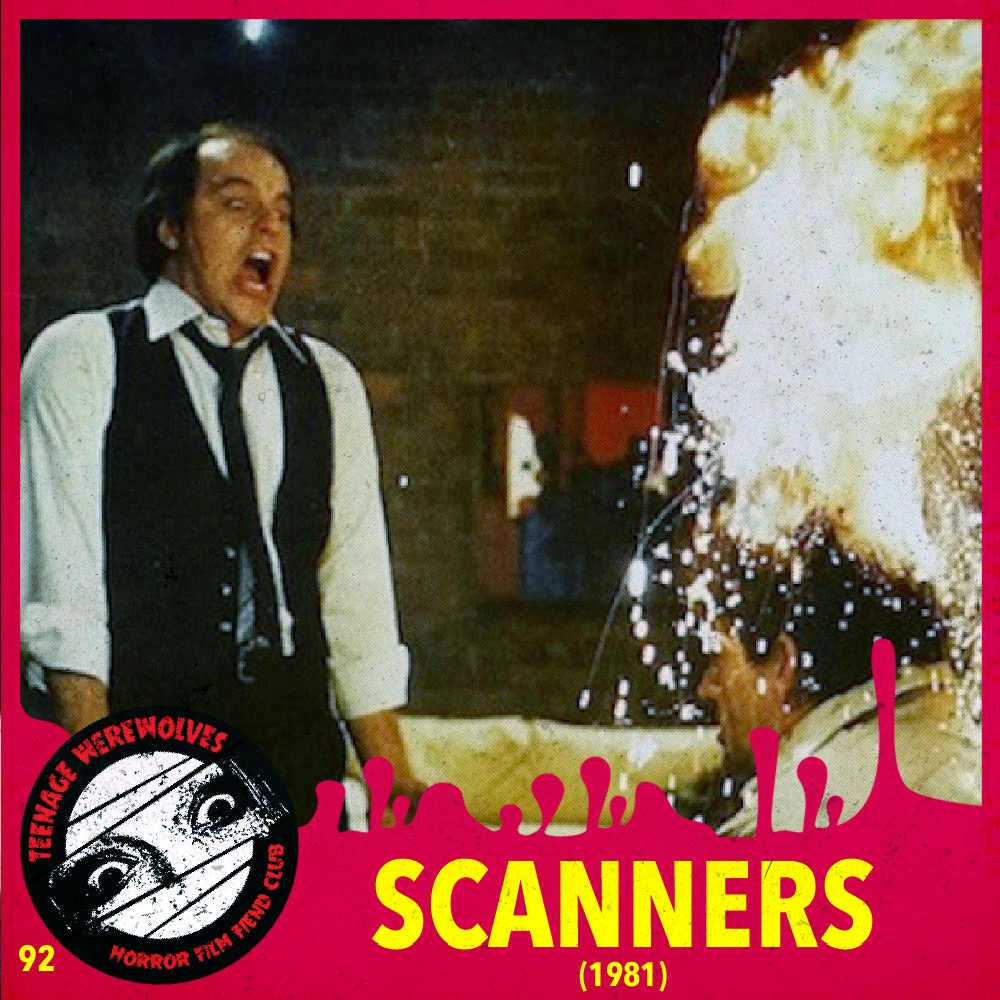(David Cronenberg, 14 January 1981)
“We’re gonna do this the Scanner way…”
On January 14, 1981, a band of genetically superior men and women, cursed with the exposure to the intimate thoughts of the population surrounding them, found themselves in an all-out war of mind vs. mind.
Cronenberg’s SCANNERS exploded into the zeitgeist of mainstream cinema and blew minds…literally…about one reel into the film, resulting in a sequence that is not only palpably memorable, but also one that stands the test of time. Like some art-house vision of the Marvel’s ‘X-Men’ taken seriously, Cronenberg’s follow-up to 1979’s disturbing familial drama, THE BROOD, presents a compelling dichotomy between science and morality, as well as the insidious nature of corporate obfuscation. SCANNERS is also a study of societal isolation–an examination of the misfit and the misbegotten–as well as a classic archetypal struggle between opposing brothers, between fathers and sons. Played more like a pulpy noir thriller—psychically paranormal faculties notwithstanding—the result is one of Cronenberg’s first mainstream successes at the box office, paving the way for some accessible (but still provocatively disturbing) work to come…most notably, THE DEAD ZONE (1983) and THE FLY (1986). Powerful performances abound throughout—especially Robert A. Silverman’s turn as the Scanner using three-dimensional art as a way to cope with the internal onslaught of his “gifts”—but it is Michael Ironside that commands the screen. Ironside’s Darryl Revok is a magnetic villain–visceral, intimidating, furiously obsessed, and even fashionable, with his almost sense of fascist casual wear—something communicated to the audience by mere gesture, tone, and presence; he is a militant, taken seriously at all costs. The sanguinary geysers of Dick Smith’s effects, too, are a commanding, unforgettable aspect to Cronenberg’s film…perhaps as renegade and shocking as Revok’s band of treasonous scanners. Lastly, Howard Shore’s score, with its dissonant juxtaposition of strings and early electronica still electrifies, heightening the emotional stakes ten-fold.
The Criterion Collection release is not to be missed, complete with the “Mind and Matter” essay from Kim Newman. See you at the ConSec watercooler, Fiends!

